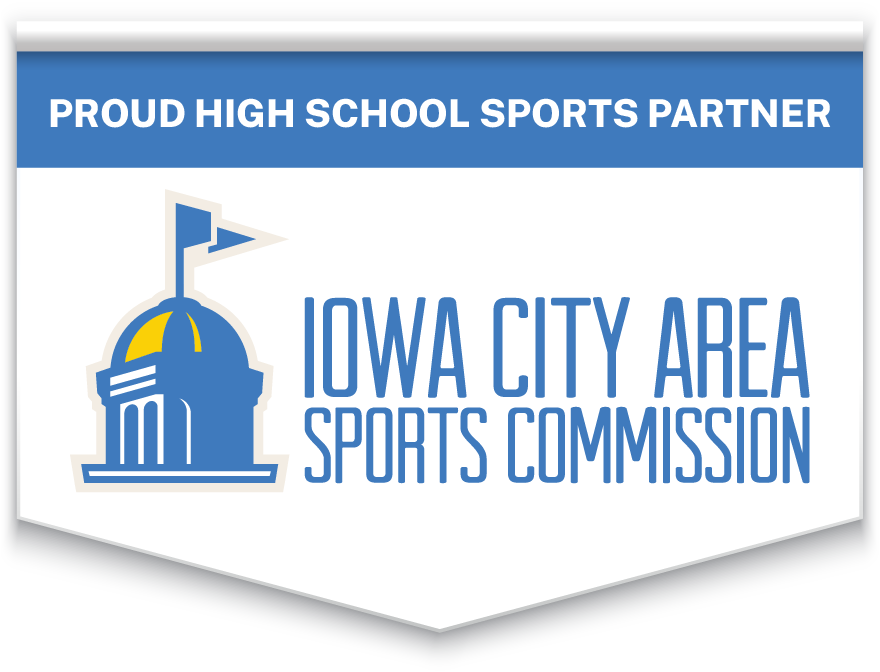116 3rd St SE
Cedar Rapids, Iowa 52401
Home / Sports / Iowa High School Sports
The role of sports
N/A
Dec. 17, 2014 1:59 pm
Editor's note: Nancy Justis, a former competitive swimmer, is a partner with Justis Creative Communications.
By Nancy Justis, correspondent
'I figure practice puts your brains in your muscles.”
So said Sam Snead, professional golfer.
Much research shows sports participation has a positive effect on academic performance. Flip the quote around to 'practice puts muscles in your brain.”
According to a TrueSport report, high school students who play competitive sports are less likely to drop out. The report also notes participation has been associated with completing more years of education and higher grades are cited in student-athletes.
Student-athletes spend a lot of time at practice, in the weight room and traveling to away contests. Additional data shows time intensive sport participation does not cause academics to suffer.
Why does athletic competition appear to have a positive impact on an individual's academic status?
TrueSport notes 'physical movement can affect the brain's physiology by increasing cerebral capillary growth, blood flow, oxygenation, production of neurotrophins, development of nerve connections, and brain tissue volume,” among other benefits.
'These changes may be associated with improved attention; improved information processing, storage, and retrieval; enhanced coping; and reduced sensations of cravings and pain ... increased energy levels and time outside of the classroom - both byproducts of playing sport - may give relief from boredom, resulting in higher attention levels during classroom time ... physical exercise causes short-term relaxation, accompanied by improved concentration, enhanced creativity and memory, improved mood, and enhanced problem-solving abilities.”
So we all know athletics has its benefits. But does our education system put too much emphasis on athletics and not enough on learning?
Amanda Ripley, an Emerson senior fellow at the New America Foundation and author of 'The Smartest Kids in the World - and How They Got That Way,” believes this to be the case.
'In the world's smartest countries, school is about learning ... Kids play sports, of course, but outside of school, through recreation centers, club teams or pickup games on dirt fields with no adults in sight ... The problem with mixing sports with academics is that the message it sends is dishonest and shapes kids' priorities.”
Ripley has surveyed former exchange students about their impressions of America and noted '9 out of 10 have said that teenagers here cared more about sports than their peers back home.”
'Doing well at sports was in the U.S. just as important as having good grades,” one German student said.
Ripley doesn't discuss the former East Germany's or the Soviet Union's athlete factories where athletes from the youngest ages spend countless hours each day in training. Even American athletes in training for the Olympics have been known to leave the comforts of mom and dad's home to live with coaches or other host families in different states.
Ripley notes American schools also are about learning, but call our athletics facilities 'Olympic villages.” School has turned into a system where 'it's also about training to compete in games that the majority of kids will never get paid to play. It's about pep rallies, booster clubs, trophy cases and cheerleaders decorating football players' lockers after they fill them with brownies.”
She's got a point. But I believe school is more fun with the existence of competitive sports. And in most programs, student-athletes graduate at a higher rate than non-athletes. If they want to play, they need to keep their grades up. And the process of sport training has many benefits besides higher academic performance.
'By mixing sports and academics, we tempt kids into believing that it's (OK) if they don't like math or writing - that there is another path to glory,” Ripley writes. 'Less obvious is that this path ends abruptly, whereupon they get to spend 50 years in an economy that lavishly rewards those with higher-order skills and ruthlessly punishes those without.”
'Competitive sports is not about exercise. If it were, we'd have the fittest kids in the world. It's about a fantasy with a short shelf life. If we want to build school spirit and teach kids about grit, hold a pep rally for the debate team. Those kids are training to rule the real world.”
I think better athletes build better people, as Positive Coaching Alliance supports, in all phases of the game of life. It's just got to be accomplished in a smart and balanced way.
l Tell us what you think by emailing Justis at njustis@cfu.net
Cedar Rapids Kennedy's Brendon Manning (24) floats a basket in during Tuesday's high school basketball game at Kennedy. There is some debate over the importance of sports in schools. (Stephen Mally/The Gazette)





 Daily Newsletters
Daily Newsletters